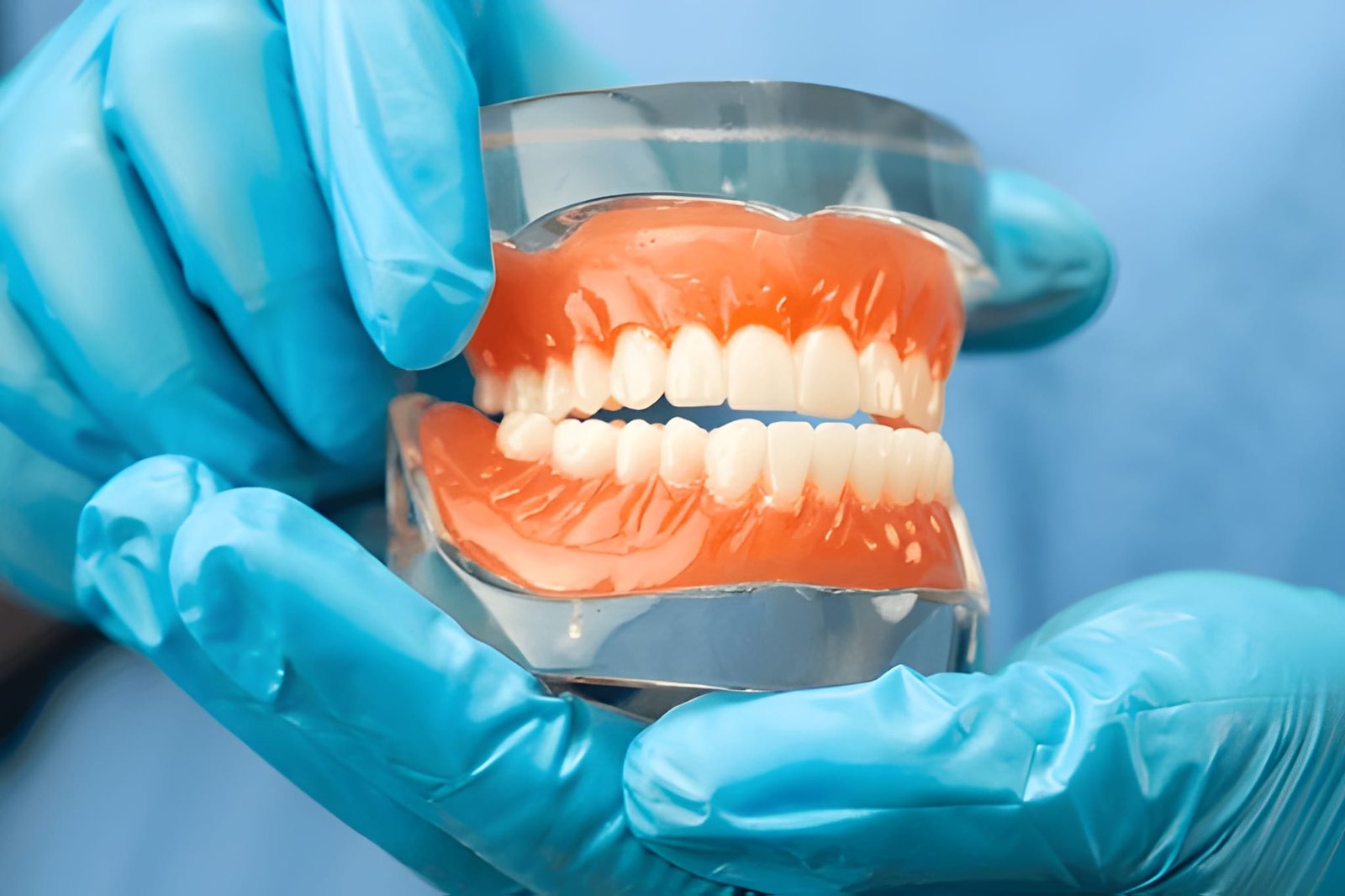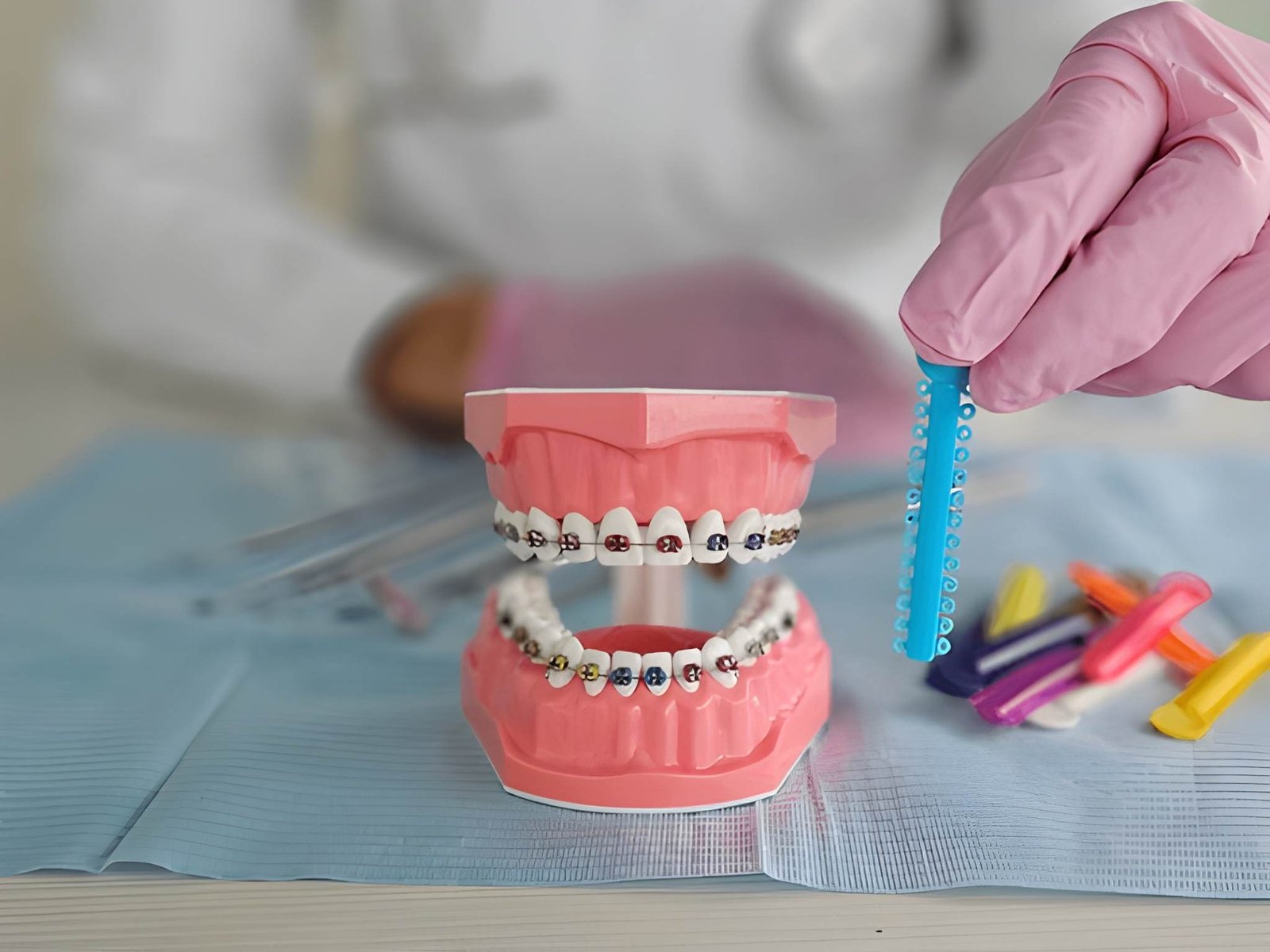Missing teeth can affect more than just your smile—they can impact your speech, eating habits, and self-confidence. If you’re exploring tooth replacement options, you’re likely considering dental implants or dentures. Both options serve the same purpose, but they differ greatly in design, cost, comfort, and longevity.
In this blog, we’ll compare dental implants vs. dentures in simple terms to help you make the best decision. Whether you’re considering dental implants in Camp Hill or weighing your options in nearby areas like Carlisle or Mechanicsburg, this guide will give you a clear understanding of what’s right for you.
What Are Dental Implants and Dentures?
Dental Implants
Dental implants are small, titanium posts that act as artificial tooth roots. A dentist surgically places the implant into your jawbone, where it fuses with the bone over time. Once healed, a crown (an artificial tooth) is placed on top, creating a permanent, natural-looking tooth replacement.
Dentures
Dentures are removable prosthetic devices made to replace missing teeth. They can be full (replacing all teeth) or partial (replacing a few missing teeth). Dentures rest on your gums and may be held in place with adhesive or clasps.
Why This Choice Matters (And Who It Helps)
Choosing between dental implants and dentures isn’t just a cosmetic decision—it directly affects your oral health and quality of life.
- Dental implants are ideal for those looking for a permanent, low-maintenance solution.
- Dentures are better suited for patients who prefer a non-surgical and more budget-friendly option.
Both options can restore your ability to chew, speak clearly, and smile confidently, but the right choice depends on your individual needs, lifestyle, and oral health condition.
Key Considerations When Choosing Tooth Replacement
1. How Long Do They Last?
- Implants: With proper care, dental implants can last 20+ years or even a lifetime.
- Dentures: Typically need to be replaced every 5–7 years as your mouth changes shape.
Why it matters: Implants offer a long-term return on investment, while dentures require more frequent replacements.
2. Are They Comfortable to Wear?
- Implants: Feel like natural teeth. Once healed, you won’t even notice them.
- Dentures: May feel bulky or loose, especially over time as the jawbone shrinks.
Tip: If comfort is a top priority, dental implants are often the better choice.
3. How Easy Are They to Maintain?
- Implants: Brush and floss like normal teeth. No special products needed.
- Dentures: Must be removed and cleaned daily. Adhesives may be required.
Real-world example: Many patients in Camp Hill who switch from dentures to implants say they enjoy the simplicity of regular oral hygiene routines again.
4. What About the Cost?
- Implants: Higher upfront cost but fewer long-term replacements.
- Dentures: Lower initial cost, but potential for ongoing maintenance and replacements.
Note: Costs vary depending on your provider and location (e.g., dental implants in Camp Hill vs. dental implants in Carlisle or Mechanicsburg). Always ask for a consultation to get a personalized estimate.
Common Myths About Dental Implants and Dentures
- Myth: Implants are only for young people.
Truth: Age isn’t a disqualifier—bone health is. Many older adults successfully get implants. - Myth: Dentures always fall out.
Truth: Well-fitted dentures stay secure. But implants offer better long-term stability. - Myth: Dental implants are painful.
Truth: The procedure is done under anesthesia, and most patients report mild discomfort, not pain. - Myth: Dentures are outdated.
Truth: Today’s dentures are more natural-looking and comfortable than ever before.
Tips for Choosing the Right Option
- Schedule a full dental exam to assess your bone density and gum health.
- Ask about both short-term and long-term costs.
- Consider your comfort level with surgery (implants require a minor procedure).
- Think about your lifestyle—do you want a permanent or removable solution?
- Talk to your dentist about recovery time, maintenance, and daily care routines.
FAQ: Dental Implants vs. Dentures
Q1. Are dental implants better than dentures?
Not necessarily—they’re different. Implants are more permanent and natural-feeling, while dentures are non-invasive and affordable.
Q2. Can I get implants if I’ve been wearing dentures for years?
Yes, but your jawbone might have shrunk. A bone graft may be required before implant placement.
Q3. How long does it take to get dental implants?
Typically 3–6 months, depending on healing and whether any preliminary procedures (like bone grafts) are needed.
Q4. Are dental implants covered by insurance?
Some insurance plans partially cover implants, especially if medically necessary. It’s best to check with your provider.
Q5. Can I get same-day dental implants?
In select cases, yes. These are called immediate-load implants. Your dentist will determine if you’re a candidate.
Conclusion: Which One Is Right for You?
Both dental implants and dentures can restore your smile, but the best choice depends on your needs, budget, and comfort level. If you’re looking for a natural-feeling, long-term solution, dental implants in Camp Hill may be ideal. If you prefer a non-surgical and budget-friendly approach, dentures could be the way to go.
Still unsure? Book a consultation with a local dentist to explore your options. Whether you’re considering dental implants in Carlisle, Mechanicsburg, or Camp Hill, the right solution is within reach.






